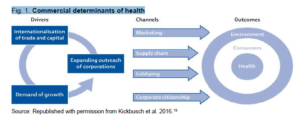Industry-funded study of the week: chewing gum again
You must not be chewing enough gum. Mars-Wrigley wants you to chew more of it. How best to do that? Fund research (for evidence, see my most recent book, Unsavory Truth: How Food Companies Skew the Science of What We Eat).
Citation: A 3-month mastication intervention improves recognition memory, by Curie Kima, Sophie Miquelb and Sandrine Thureta. Nutrition and Healthy Aging xx (2019) x–xx (in press).
The study: “53 participants aged 45–70 years old were required to chew mint-flavoured sugar free chewing gum for 10 minutes, 3 times a day over 3 months. Pattern separation and recognition memory was measured using the Mnemonic Similarity Task. Questionnaires were administered to measure changes in mood, anxiety, and sleep quality.”
Results: “Extended periods of mastication gave rise to a significant improvement in recognition memory compared to a non-chewing control group.”
Funding: “This work was supported by Mars Wrigley Confectionery.” “SM is an employee of Mars Wrigley Confectionery (Chicago, IL). The chewing gum used for the intervention was provided by Mars Wrigley Confectionery.”
Comment: This industry seems to be working hard to convince you that chewing gum is good for you; this is the second time I’ve posted an industry-funded study (here’s the first).
Maybe I would remember names and faces better if I chewed gum? Sugarless, of course.

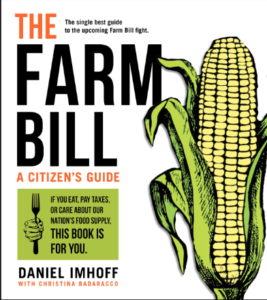
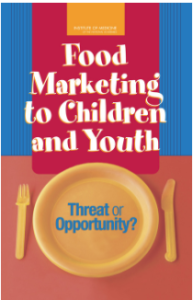
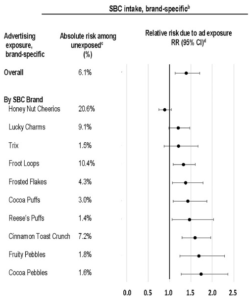
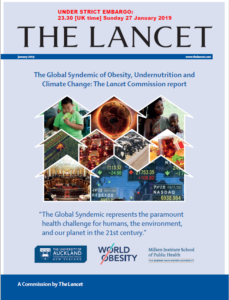
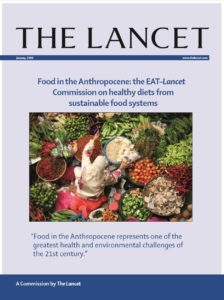
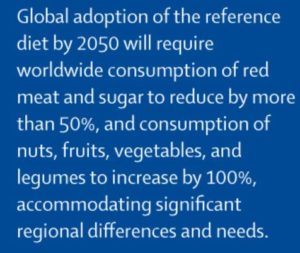
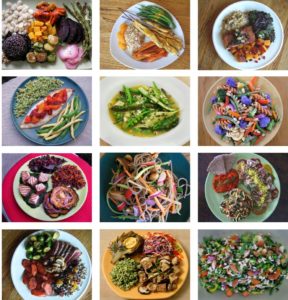 Does this report settle the questions? Hardly. Remember
Does this report settle the questions? Hardly. Remember 